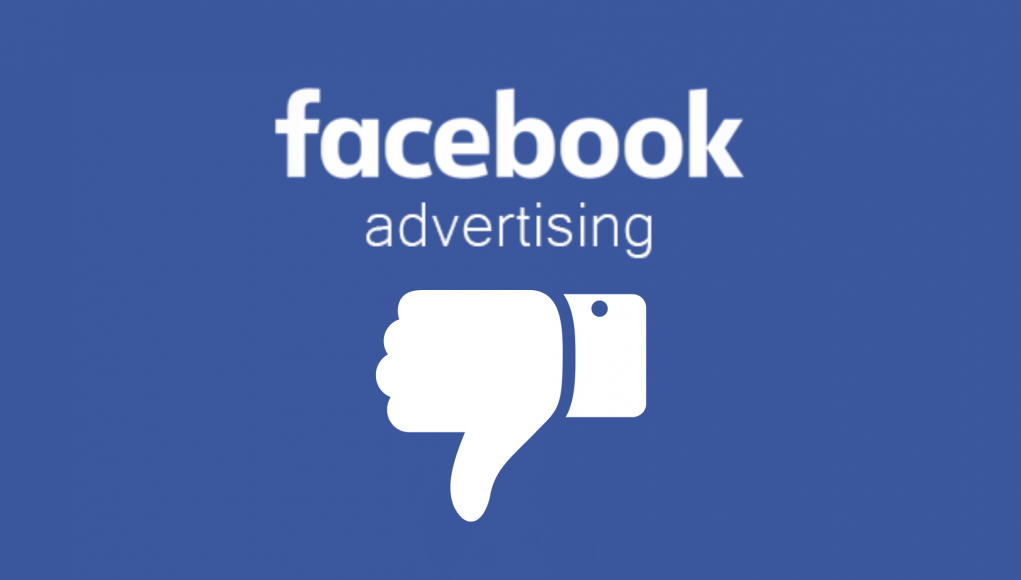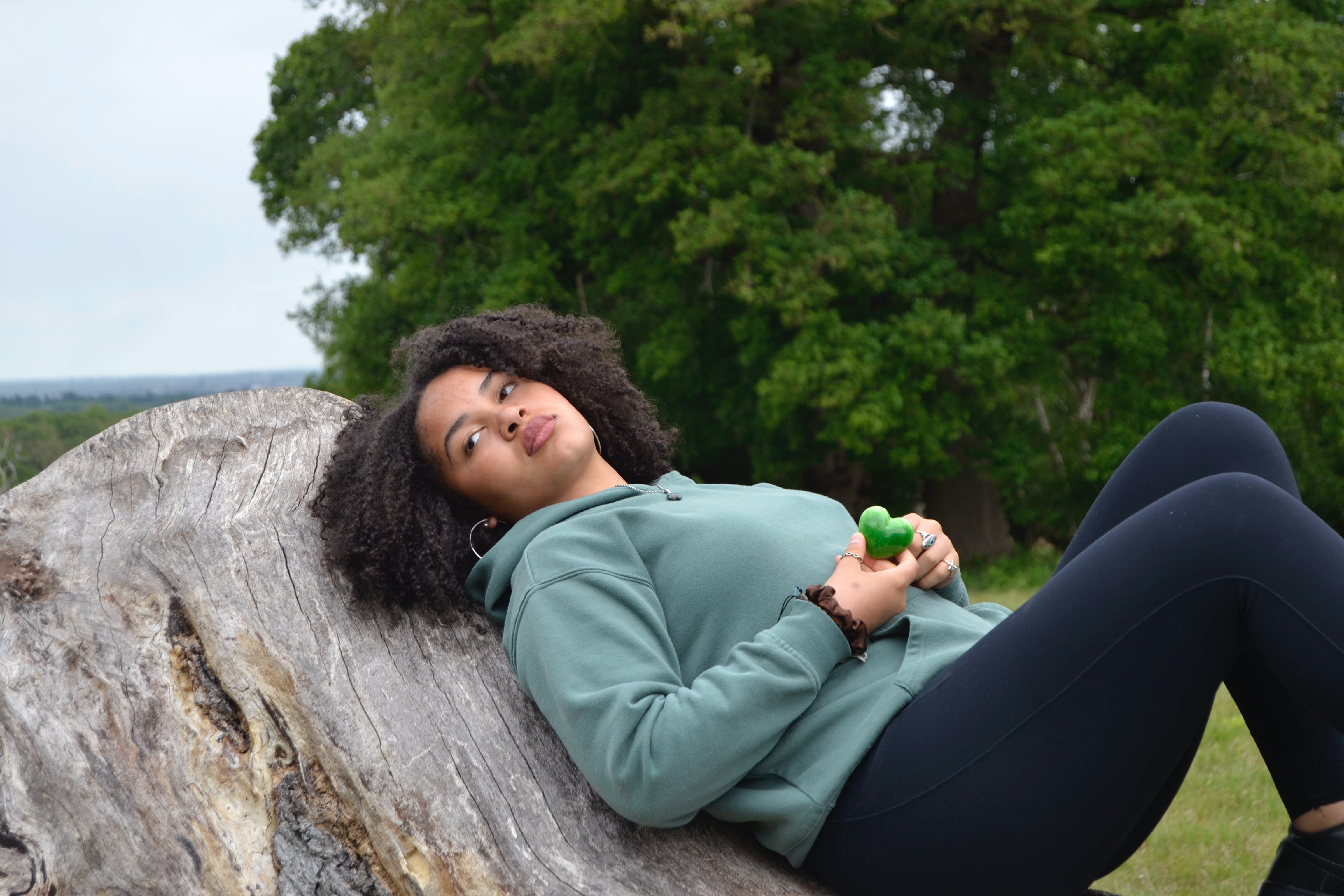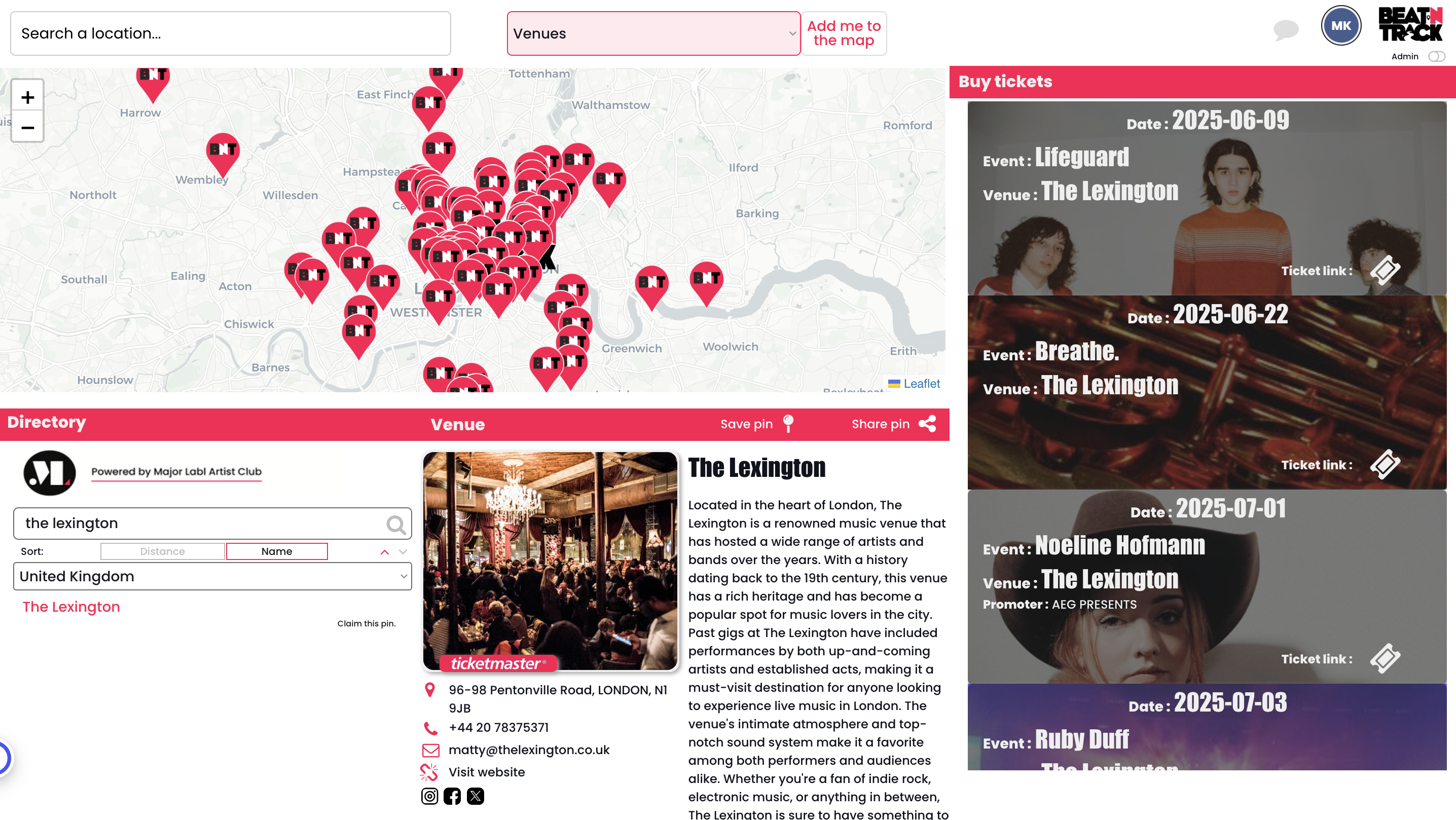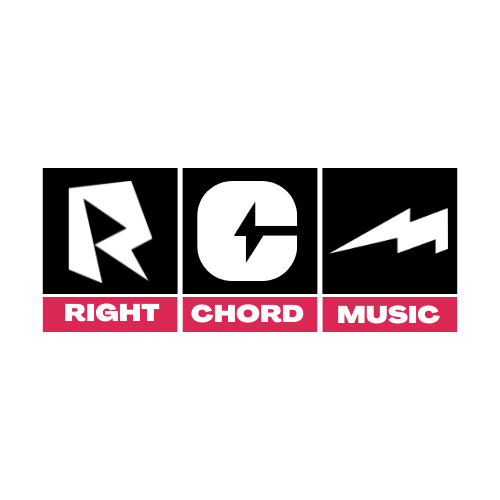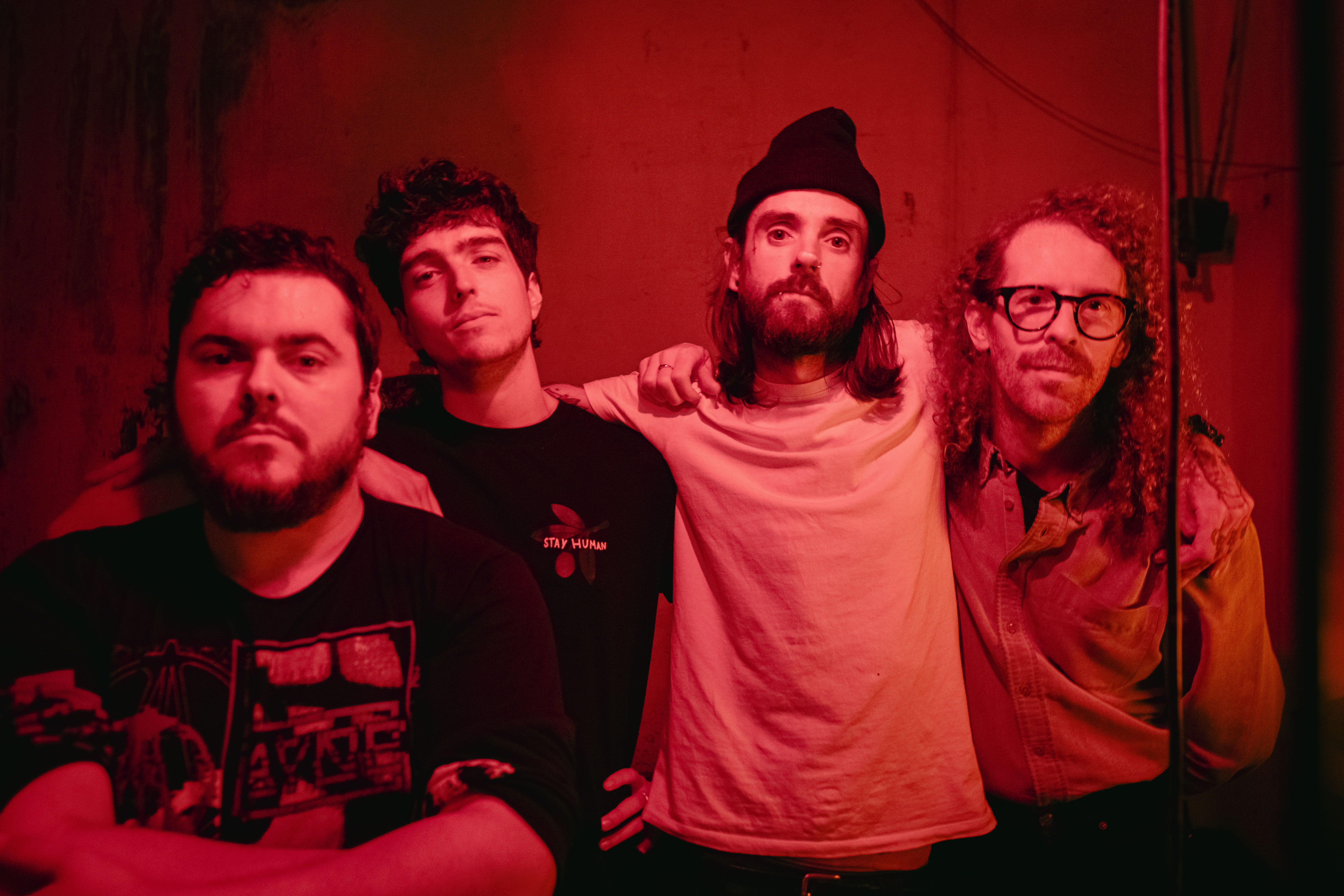Facebook Ads provide musicians with a powerful and effective tool to promote their music in a sustainable way, but unless Facebook changes its advertising guidelines to help musicians this opportunity will be wasted. In this guest post, Major Labl founder Mark Knight urges Facebook to simplify the progress, be more accountable and revisit their advertising policies to ensure musicians retain their freedom of expression.
Before Social Media
Imagine being an artist looking to promote your music back in the 1980s before Facebook Ads? What were your options… Illegal fliers and fly posting? Billboard posters? A TV advert? Or an advert in the NME? Options were limited and expensive. The advent of social media gave musicians a new way to promote themselves and those that got it right at the start benefitted from powerful organic reach. Then free organic reach declined and social media became a paid advertising channel, but it remains an advertising channel with a difference.
Facebook Ads and social media advertising levelled the playing field, allowing unsigned artists access to the same advertising tools as signed major label artists. While those guys might have bigger budgets, the cost of entry is low. For just £1 a day or £3 for a lifetime, musicians can promote their music to anyone they choose anywhere in the world. Let’s not forget Facebook has 2.6bn active monthly users, while its sister Instagram attracts a cool 1bn per month. That’s a lot of people that haven’t heard your music yet!
What Makes Effective Advertising
If we step out of the music industry and into the brand world for a moment, every £1 spent on advertising might make £5 back. Big brands like Nike or Apple don’t see advertising as a cost centre, they see it as a way to accelerate their income and scale their business.
Compare this approach, with the way most musicians approach music promotion. Musicians frequently spend hundreds or thousands on PR or radio plugging without any understanding of a return on their investment. When did you ever hear a PR company reporting on the number of individual people they reached or the number of people that actually listened?
Unfortunately, most artists are happy to just accept these costs as necessary to progress, or some form of investment. You have to speculate to accumulate right? But what happens when you have spent all your savings speculating, and you have to go and get a proper job? At what point do you conclude your money has been wasted.
Advertising Accountability
One of the most obvious benefits of digital advertising is accountability. When you use Facebook Ads you know exactly what they delivered. Well, you should do, if you take the time to understand the analytics! To run an effective campaign takes time, and you are unlikely to crack the formula at the first attempt, but Facebook’s algorithms will help you optimise towards the best result, and over time you can continue to improve your results. Here are a number of key metrics to focus on.
- CPC Cost per conversion (We’ll come to this in a minute)
- CPS Cost per Stream
- CPF Cost per Spotify follow
- Cost per save
When Major Labl creates a campaign to promote a musician, our aim is simple. Get as many Spotify streams, follows, and saves for the lowest possible cost. Following this approach, your costs come down and your streams go up and stay up. Because rather than one-off streams are driven by playlist placement, fans will continue to play and share your music. Increasing your Follows and Saves is the key to long term profitability and a return on investment. This fan-centric approach will also increase your chance of support from Spotify algorithm or Editorial playlists. Using this approach advertising can become profitable.
The Perils of The Click
If you promote a post on Facebook or Instagram you receive data about that campaign, and what you see is what you get. Eg 20,000 views or 200 engagements. But the accountability task becomes harder if you are encouraging fans to leave Facebook to listen on Spotify.
When you run a Facebook ad and choose the objective Drive Traffic, Facebook will optimise to get as many people as possible to click on your ad. This sounds great especially when you realise the cost of clicks gets cheaper as you leave the UK and start targeting India or the Philippines. A day after racking up clicks you excitedly consult your Spotify for Artists dashboard looking for a huge spike in plays, and you see virtually nothing!
What’s happening? Let’s break the process down.
- Step 1. Click on an ad
- Step 2. The Spotify link begins to load
- Step 3. The Spotify link fully loads
- Step 4. The song starts to play
- Step 5. After 30 seconds of continuous play, it’s registered as a Spotify stream
When you understand these steps, you quickly realise that Facebook wipes their hands clean of any responsibility after Step 1. They promised they would optimise for Clicks and they do, but those cheap clicks from India and The Philippines suddenly mean very little when you realise they are bots and click farms. Is Facebook doing enough to eliminate them? We don’t think so. It’s staggering to accept that you should be paying for thousands of clicks that don’t mean anything and don’t deliver any page views or content plays.
Landing Page Views
If you have a Facebook Pixel installed (and you should) and you are driving people to your own website then you can set Facebook to optimise for Landing Page views (Step 3 above). This is much better, at least now the people you are attracting are actually waiting for your website page to load! Who knows, they might even stick around and read about you or listen to some music!
But there is a problem, you can’t track landing page views on Spotify. So while this is a good option for trying to build a mailing list, or promote a competition this isn’t a solution for Spotify promotion.
Facebook Conversion Ads
This leaves musicians with one final option. The conversion ad. You’ll need your Facebook Pixel, your own website or a SmartLink partner like Toneden or Hypedit. Using this approach, when someone clicks on one of your ads, instead of being taken straight to Spotify they are taken to a landing page, which contains buttons. If they click the buttons they are taken to Spotify or your preferred streaming partner. This one extra step successfully weeds out the bots. But not everyone that lands will convert, but using your Pixel you can at least capture those that land and those that click for future retargeting.
Your job is to tweak and optimise to get the best possible conversion rate of landers to clickers. A 60%+ conversion rate is achievable with good music, good targeting and good creativity in your ads.
The Creative Is Everything
You can create a conversion campaign, identify and optimise your audience, but unless you have a compelling ad to promote your music nobody is going to click. The easiest approach is to take a clip from an existing music video, but you might want to think about additional quotes or hooks that will encourage people to click.
You will also need to consider Facebook advertising guidelines when creating your ad and since the Cambridge Analytica scandal, they are tough. There are no less than 20 different reasons why your ad could be banned.
-
- Community standards
- Illegal products or services
- Discriminatory practices
- Tobacco and related products
- Drugs and drug-related products
- Unsafe supplements
- Weapons ammunition or explosives
- Adult products or services
- Adult content
- Third-party infringements
- Sensational content
- Personal attributes
- Misinformation
- Controversial content
- Non-functional landing page
- Cheating and deceitful practices
- Grammar and profanity
- Non-existent functionality
- Personal health
- Payday loans
While many of them are obvious, some of them can quickly impact musicians, who do what musicians do…. Sing about drugs, sex and rock and roll, and that’s a genuine concern.
Facebook Ad Censorship Threatens Creative Expression
The hypocrisy is outstanding. Consider this… Trump can troll his way into power via Facebook ads designed to sway swing voters with misinformation, slurs and propaganda, but a protest singer gets banned from voicing his dislike of Trump’s policies or the UK’s Brexit fiasco. Yes we’ve seen it happen!
When we consider music history, it’s clear many of these important protest songs would be banned by Facebook’s advertising guidelines for breaching rules 11 or 14.
- Billie Holiday – Strange Fruit
- Bob Dylan – Masters of War
- The Specials – Free Nelson Mandela
- Public Enemy – Fight The Power
But it’s not just protest songs. Christina Aguilera, The Prodigy and even Miley Cyrus (Wrecking Ball) which were freely available to watch on MTV, Top Of The Pops and YouTube, would all struggle to make it through Facebook’s advertising policies falling foul of the Adult Content rules. Are we happy for Facebook to become our guardian and arbiter of taste?
Let’s be clear Facebook’s definition of adult content is at best PG12 rated, even when targeting adults 18+. We’ve seen content banned for a naked shoulder or a simple kiss. When an advert is blocked you are given the opportunity for a review, but once the decision is made it can’t be reversed.
Appealing Blocked Facebook Ads
Previously you were able to state your case and explain your content. Often by saying “it’s just a music video” seemed to be enough to reverse most decisions, but now there is no opportunity to explain your content, you simply press the review button and hope. On most occasions, initial decisions are upheld, regardless of how ridiculous they might seem.
Facebook conversion ads provide musicians with a powerful and effective tool to promote their music in a sustainable way, but unless Facebook changes its advertising guidelines to help musicians express their art, this opportunity will be wasted. We urge Facebook to revisit its policies to ensure freedom of expression is not lost and would welcome the chance to formally discuss this issue.
Words Mark Knight, Founder Major Labl. Discover other music marketing articles on RCM
About Major Labl
Major Labl provides marketing consultancy and creative solutions to unsigned and independent artists from all genres, all over the world. After ten years managing independent artists, we concluded the traditional model of music promotion designed for major label artists in the 80s (radio, press and live) does not work for unsigned/independent artists in the ’00s.
- Radio spot plays don’t deliver the reach or frequency required to build fame or a fanbase
- Most press support appears on a niche, unread blog with poor SEO optimisation
- Traditional music marketing doesn’t drive the play count, the only measure of success that matters in 2020
In response, we set up our own Major Labl, with a cheeky glint in our eye.
Our approach
We start with the channels you can control. (social media and websites) Not the channels you can’t control.(radio & press). Major Labl borrow from advertising best practice to reach, engage, convert and retarget the audiences most into your music. Our campaigns create thumb-stopping social content and advertising campaigns to drive your play and follower count. We question, challenge, refuse to settle, positively disrupt, test, refine and test again.


